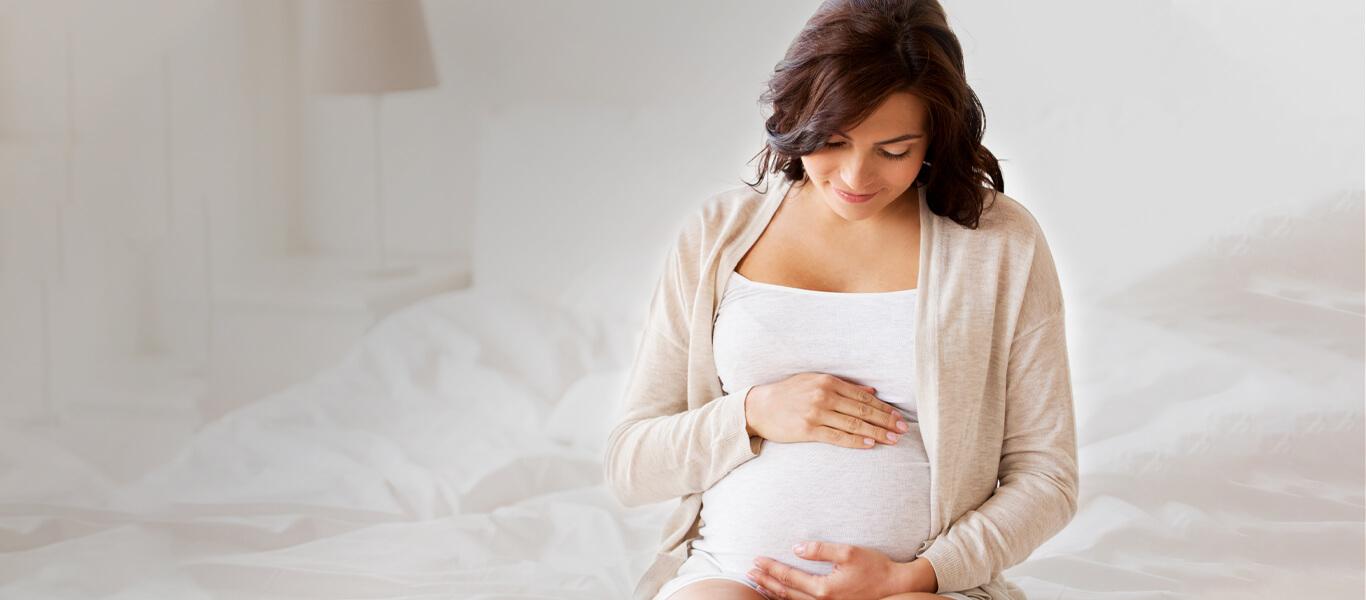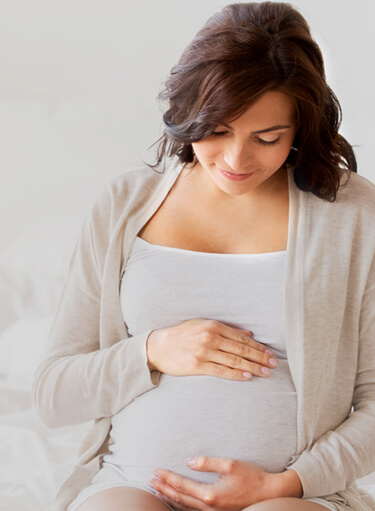- My Ramadan
- Recipes
- Nutrition And Health
-
Brands
- Aero
- COFFEE-MATE®
- CRUNCH® CEREALS
- Cocoa Puffs®
- Fitness Toasties
- illuma 3
- KLIM®
- MAGGI®
- NAN® 3
- NESCAFÉ®
- NESQUIK®
- Nestle® CERELAC®
- Nestle® Pure Life®
- NIDO® PLUS
- PROGRESS KIDS GOLD
- SMARTIES®
- COUNTRY CORN FLAKES®
- CHOCAPIC®
- COOKIE CRISP®
- HONEY CHEERIOS®
- KITKAT®
- LION® CEREAL
- NESCAFÉ® Dolce Gusto®
- NESQUIK® CEREALS
- Nestle® FITNESS®
- NESTLÉ® DESSERT SOLUTIONS
- NIDO® FORTIFIED
- PROMISE PE GOLD
- Perrier®
Power up your pregnancy diet with Iron
During pregnancy, the growth of maternal and fetal tissues take place. Did you know that about one third of your iron stores will be passed on to your developing baby to form its blood and then stored for future use?
This is why your daily need for iron should increase during this period. If your intake is not enough, you will develop iron-deficiency anemia which can reduce the ability of the blood to carry oxygen to your body's cells and to your growing baby.
You should know that there are 3 primary reasons why a sufficient iron intake is important to prevent anemia during your pregnancy:
1. Iron is necessary for the formation of maternal and fetal hemoglobin, the oxygen carrying component of blood. As your body’s blood volume increases by 25 to 40% during pregnancy and your baby is manufacturing blood cells too, the need for iron is increased.
2. During the last trimester, the baby will take from the mother some of the iron reserves that it will need during the first four to six months of life.
3. The increased blood volume and iron stores help your body adjust to some degree to the blood loss that occurs during child birth.
Risks of Iron-Deficiency Anemia:
Maternal iron-deficiency anemia affects both the mother and the baby. It is associated with the high incidence of anemia in the baby during the first year of life as well as anemia and decreased iron stores in the mother. It is also associated with an increased risk of the mother delivering prematurely and delivering a low birth weight infant.
How can you meet your iron needs during pregnancy?
The recommended amount of iron during pregnancy is 30 mg/day.
It may be hard to get enough iron from your diet to support a pregnancy and that’s why you should consult your doctor to prescribe iron supplements as well as boost your iron intake by taking natural foods.
Major dietary sources of iron include liver, kidneys, red meat, chicken, eggs, peas, legumes (dried beans), dried fruits, dark green leafy vegetables, enriched breads and breakfast cereals. It is good to know that iron absorption from meat is more than that of vegetarian sources. You can enhance the absorption of iron from these vegetarian sources when you eat vitamin C rich foods such as peppers, broccoli, orange juice, and strawberries at the same meal. Iron absorption is reduced with antacids or calcium containing foods such as milk and cheese, so it is better to eat these with the following meal.
Iron-deficiency anemia in pregnant women and in infants after delivery is easily preventable by eating a balanced nutritious, iron-rich diet and taking iron supplements as prescribed by your doctor.




